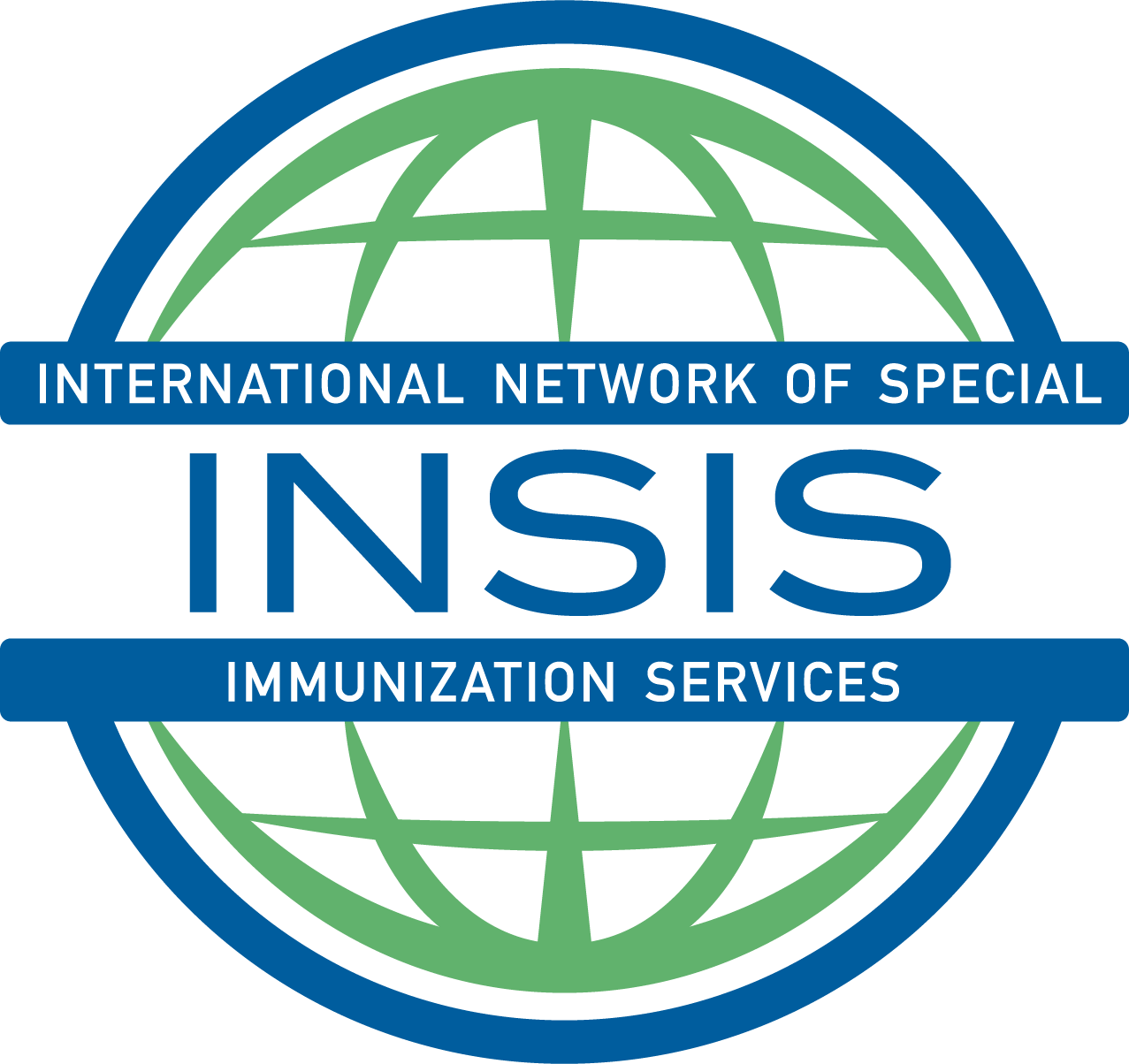Advancing the Science of Vaccine Safety during the COVID-19 Pandemic and Beyond
Karina A. Top, MD, MS, Robert T. Chen, MD MA, Ofer Levy, MD PhD, Al Ozonoff, PhD, Bruce Carleton, PharmD, Nigel Crawford, MD, PhD, C. Buddy Creech, MD, MPH, Sonali Kochhar, MD, Gregory A. Poland, MD, Kimberley Gutu, MBBCh, Clare L. Cutland, MBBCh, PhD
Clinical Infectious Diseases, ciac407, https://doi.org/10.1093/cid/ciac407
Published: 09 June 2022
Abstract
Within two years, novel SARS-CoV-2 vaccines have been developed, rigorously evaluated in large phase 3 trials, and administered to over 5 billion individuals globally. However, adverse events of special interest (AESIs) have been described post-implementation, including myocarditis after mRNA vaccines and thrombosis with thrombocytopenia syndrome (TTS) after adenoviral vector vaccines. AESIs are rare (<1-10/100,000 vaccinees) and less frequent than COVID-19 complications, though they have associated morbidity and mortality. The diversity of: 1) COVID-19 vaccine platforms (e.g., mRNA, viral vector, protein), and 2) rates of AESIs both between and within platforms (e.g., higher rate of myocarditis after mRNA-1273 versus BNT162b2 vaccines) present an important opportunity to advance vaccine safety science. The International Network of Special Immunization Services (INSIS) has been formed with experts in vaccine safety, systems biology, and other relevant disciplines to study cases of AESIs and matched controls to uncover the pathogenesis of rare AESIs and inform vaccine development.

